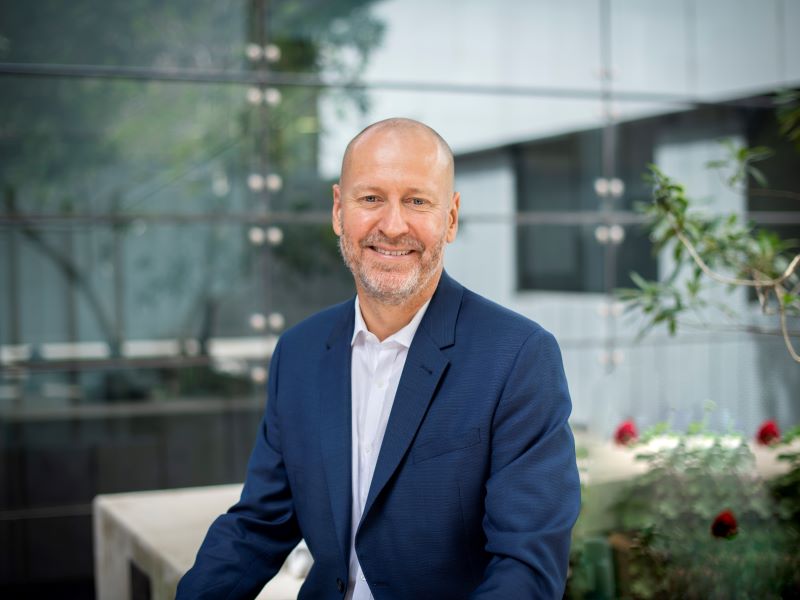CSIRO chief executive Doug Hilton has publicly defended the integrity of the national science agency and its scientists after Opposition leader Peter Dutton on Tuesday attacked the organisation over its work on energy transition data.
In the growing heat of debate over Coalition nuclear energy policy, Mr Dutton described the CSIRO’s GenCost report on the cost of electricity generation as “discredited” and “not a genuine piece of work” and suggested it was “well documented” that the CSIRO cannot be relied on.
On Friday morning, Dr Hilton took the extraordinary step of publishing an open letter on the CSIRO website to “staunchly defend our scientists against unfounded criticism”, without directly referencing Mr Dutton’s comments.
The GenCost report is updated each year and produces best-estimates produced by the CSIRO of the cost of new-build electricity generation in Australia based on different technologies, from renewables to coal to gas and nuclear.

The latest GenCost report, which is put together in collaboration with the Australian Energy Market Operator (AEMO), put SMR nuclear (small modular reactor) as the most expensive option for new-build electricity generation costs.
Mr Dutton reinforced his criticism of the report in a an exchange with Government Services minister Bill Shorten in a weekly debate segment on the Today show on Friday morning.
The report also attracted criticism from former Prime Minister Tony Abbott on the social platform X, where he posted a link to a Centre for Independent Studies video that labelled the report as “CSIRO misinformation”.
The CSIRO’s Dr Hilton told InnovationAus.com that criticisms of the report and broader criticisms of science were “corrosive” and created an “environment of distrust” in relation to high-quality advice on complex issues.
“When you disparage science, you do the community a disservice,” Dr Hilton said.
“[Energy] is clearly a contentious policy issue. But CSIRO and the GenCost report are absolutely neutral about the technology, and all we do is provide the best possible estimate of future generation costs,” he told InnovationAus.com.
“That report has been generated in a way that is careful. It is open to scrutiny. It is updated – as all good science should be – when new data comes to hand. What I would ask, is that policy makers debate the policy without disparaging science.
“When you disparage the science, you create an environment in the community that distrusts high-quality advice.”
Dr Hilton said attacks on science during the pandemic years had a corrosive effect on trust, just as it is in the highly contested debates about energy transition. If community trust in high-quality advice is undermined, it makes solving complex societal problems.
“Confidence in high-quality science and high-quality scientific organisations is really crucial to our community’s ability to navigate hugely difficult problems that confront us. It’s a crucial issue for democracy,” Dr Hilton said.
Industry and Science minister Ed Husic’s office declined to provide comment for this story.
Do you know more? Contact James Riley via Email.

